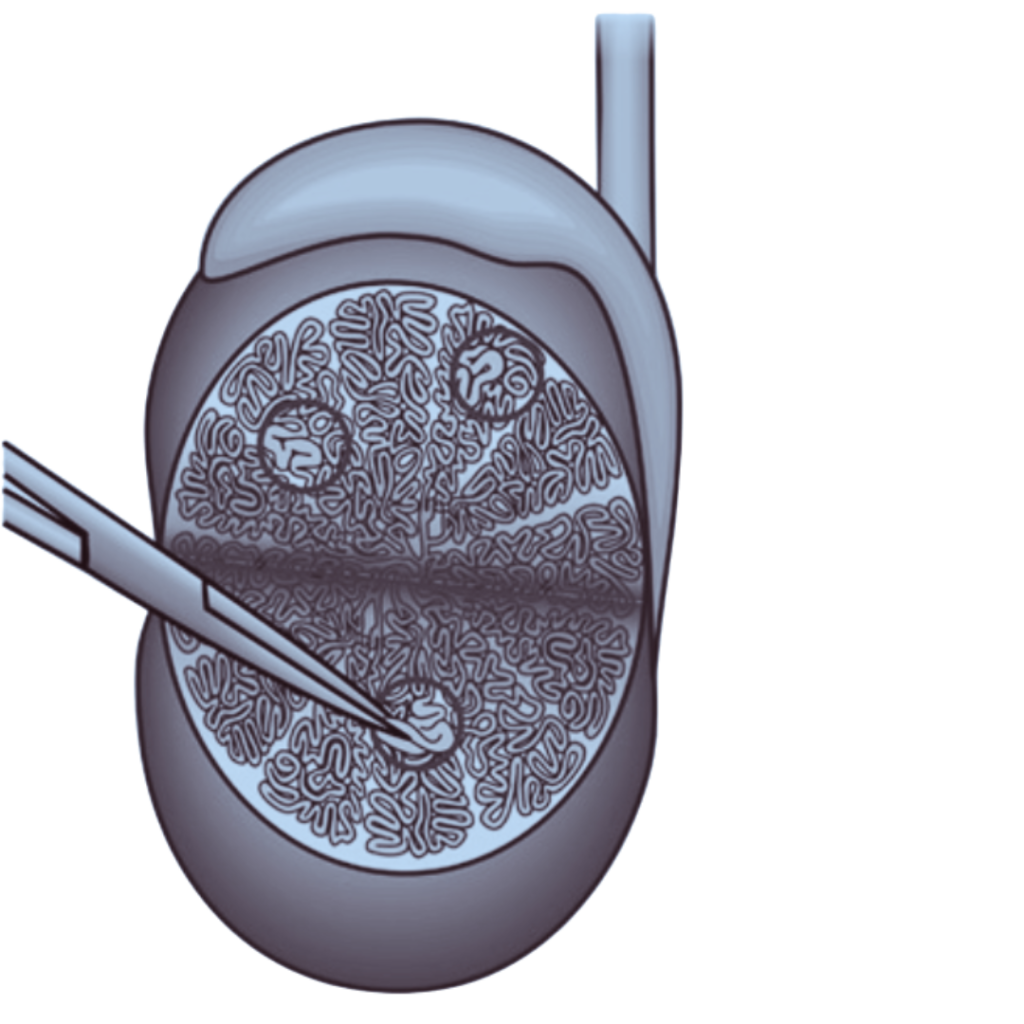A vasectomy is often seen as a permanent birth control solution, but life circumstances can change, and you might consider having a child after the procedure. In such cases, you may wonder if In Vitro Fertilization (IVF) is viable. In this blog post, we’ll explore the possibilities of IVF after a vasectomy and the factors to consider when making your decision.

Understanding Vasectomy
A vasectomy is a minor surgical procedure that involves cutting or sealing the tubes that carry sperm, known as the vas deferens. This is a popular form of permanent contraception for men. It is essential to understand that vasectomy does not affect hormone levels or sexual function, only the presence of sperm in the ejaculate.
Can IVF be Done After a Vasectomy?
The short answer is yes! It is entirely possible to have a successful IVF treatment even after a vasectomy. However, a few extra steps are involved to retrieve sperm for the IVF process.

Sperm Retrieval Methods
To perform IVF after a vasectomy, sperm must be retrieved directly from the testicles or epididymis. There are a few methods for sperm retrieval, including:
- Testicular Sperm Extraction (TESE): A small incision is made in the testicle, and a small sample of tissue is removed to collect sperm.
- Percutaneous Epididymal Sperm Aspiration (PESA): A needle is inserted through the skin into the epididymis to extract sperm.
- Microsurgical Epididymal Sperm Aspiration (MESA): This is a more precise method where a surgeon uses a microscope to locate and extract sperm from the epididymis.
IVF Process After Sperm Retrieval
Once sperm has been retrieved, the standard IVF process can begin. This involves:
- Ovarian stimulation: The female partner is given medications to stimulate egg production.
- Egg retrieval: Eggs are collected from the ovaries using a minor surgical procedure.
- Fertilization: The retrieved sperm is injected into the collected eggs through a process called Intracytoplasmic Sperm Injection (ICSI).
- Embryo transfer: Once the embryos have developed, one or more are transferred to the uterus, with the hope of achieving a successful pregnancy.

Success Rates and Considerations
The success rate of IVF after vasectomy depends on several factors, including the age and overall health of the female partner, sperm quality, and the skill of the fertility clinic. Success rates can range from 30% to 70%, with younger, healthier couples experiencing higher chances of success.
It’s essential to discuss your specific situation with a fertility specialist who can help you determine the best approach for your unique circumstances.
Conclusion
IVF after a vasectomy is indeed possible, opening the door to parenthood for couples who have changed their minds or are facing new circumstances.
